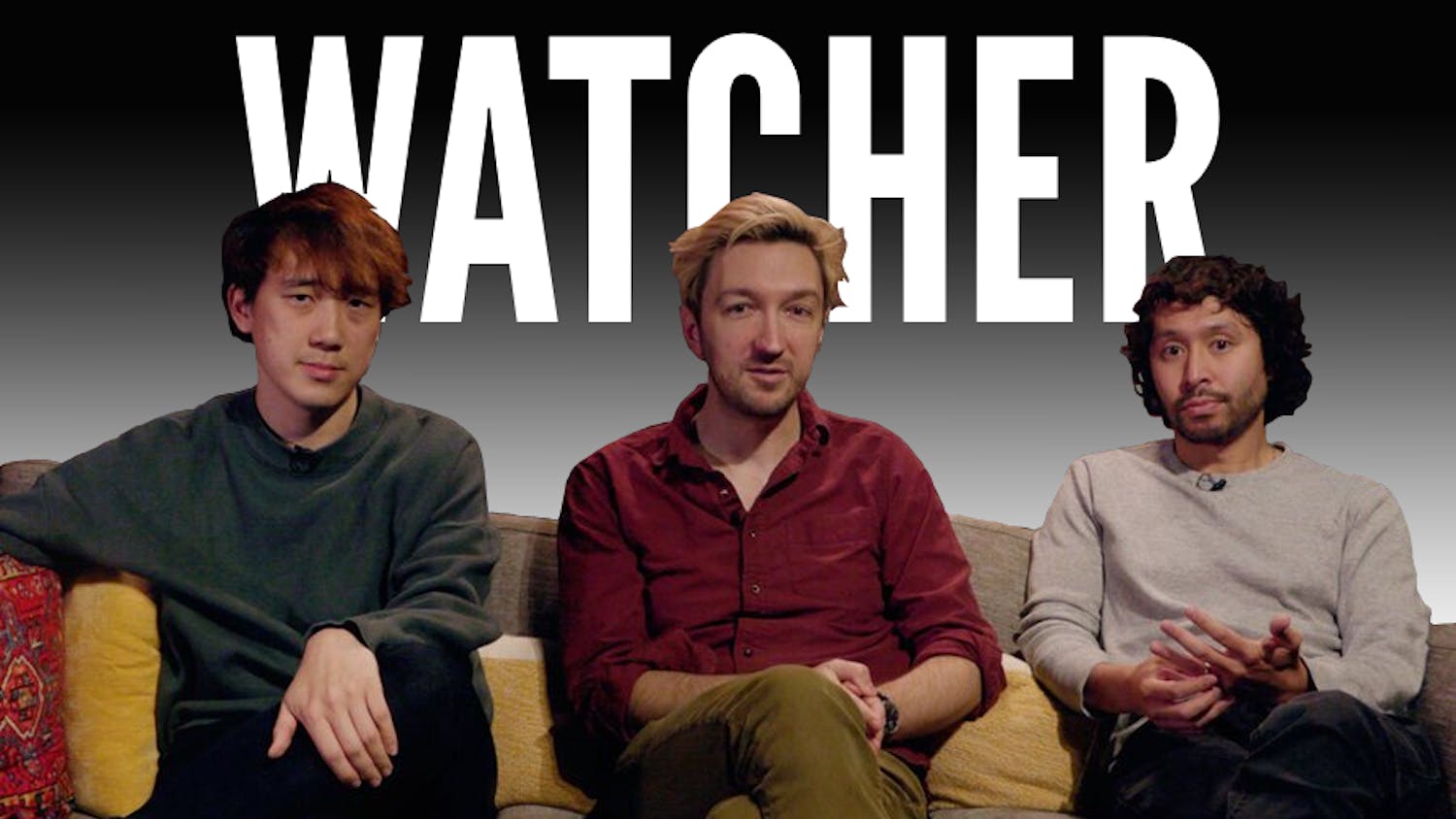If you attend Mass in Knott Hall on Sunday nights, you might be able to catch junior music major Michael Thompson playing bass for the dorm's choir. He's a tenor in the Glee Club, bassist for the Pasquerilla Music Company and Notre Dame's Symphony Orchestra and plans to attend graduate school for music theory. He said it all started with a song he heard by Led Zeppelin in high school.
"I heard 'Black Dog' by Led Zeppelin," he said. "And after hearing that, I thought, 'I want to do that.'"
Thompson has played ever since.
"I practiced a lot," he said. "When I came to Notre Dame, I was originally planning on doing economics, but I was also planning on the music track as well. But by the end of that year, I just liked my music homework so much more than my economics work so I just stuck with that instead. I don't regret it at all. I enjoy being a music major."
He studies with Prof. Darrel Tidaback, Notre Dame's bass professor.
"Darrel Tidaback is a jazz guy. He is probably one of the only solidly jazz guys here," he said. "I worked with him last summer doing some research with him at the University of Chicago on altered dominant chords."
Dominant chords are built on the fifth scale degree of the diatonic scale.
"A dominant chord is the chord that pulls back to the tonic chord. To alter a dominant chord, you take the fifth and raise it slightly by a half-step," he said. "It makes it a bit more tense."
Thompson said he wanted to know more about the altered dominant chords he heard in jazz and earlier variations found in composers like Chopin.
"I was looking at Chopin's use of [altered dominant chords], and I got the idea from looking at some jazz stuff with Darrel," he said.
"It's a longer process than I was able to cover. I'm planning on building a timeline of the fully altered dominant chord. The fully altered dominant chord has four alterations to it. Hopefully next summer I can look at some later music to see how the other alterations piled in."
Between Glee Club and the orchestra, Thompson studies Schenkerian analysis.
"It's is a way to analyze different tonal compositions. It's kind of necessary to know if you want to go to grad school for music," he said.
Thompson said he is considering the University of Chicago for music theory.
"I'd like to continue my quest to find the origins of the altered dominant chord," he said. "But I'm going to try looking into schools who have Glee Clubs. I get a joy from playing [and] listening that I just can't get from really any other study or thing to do. I just really enjoy music. I can't really give a better answer than that," he said. "It puts a smile on my face."
Contact Meghan Thomassen at
mthomass@nd.edu













